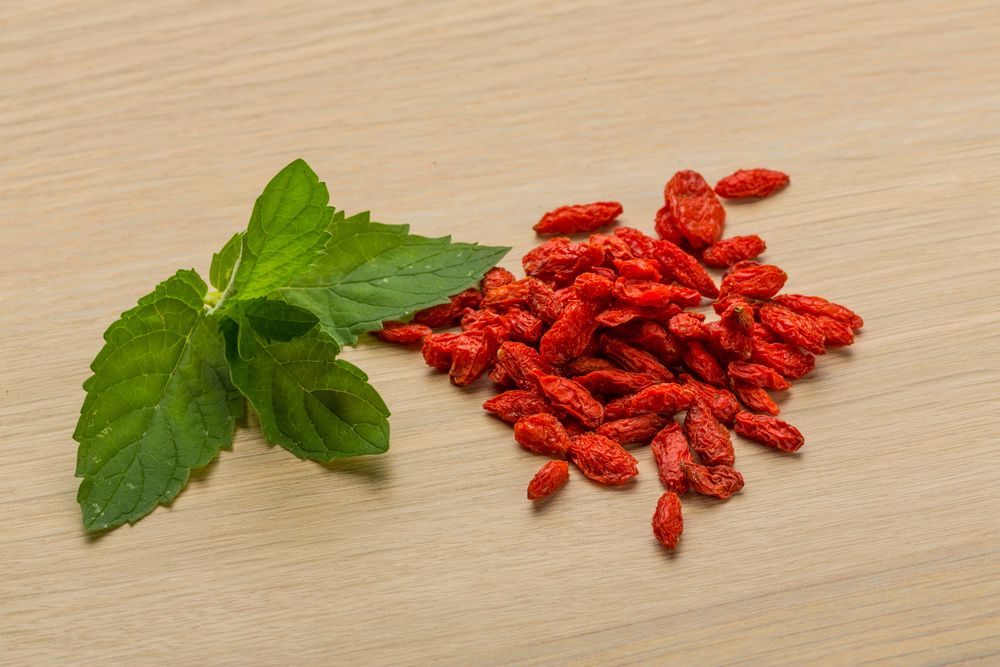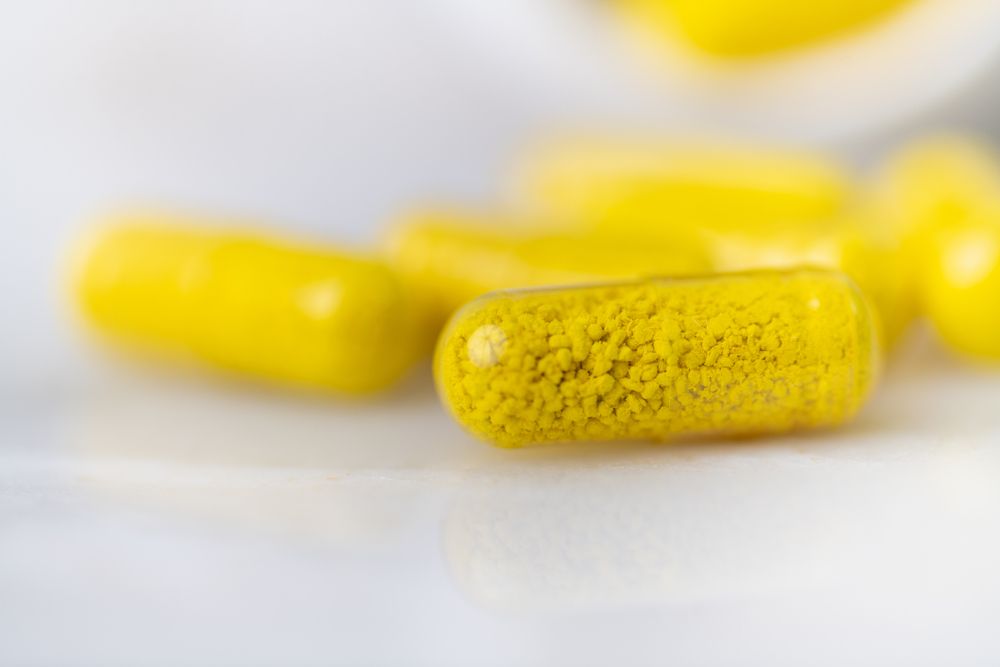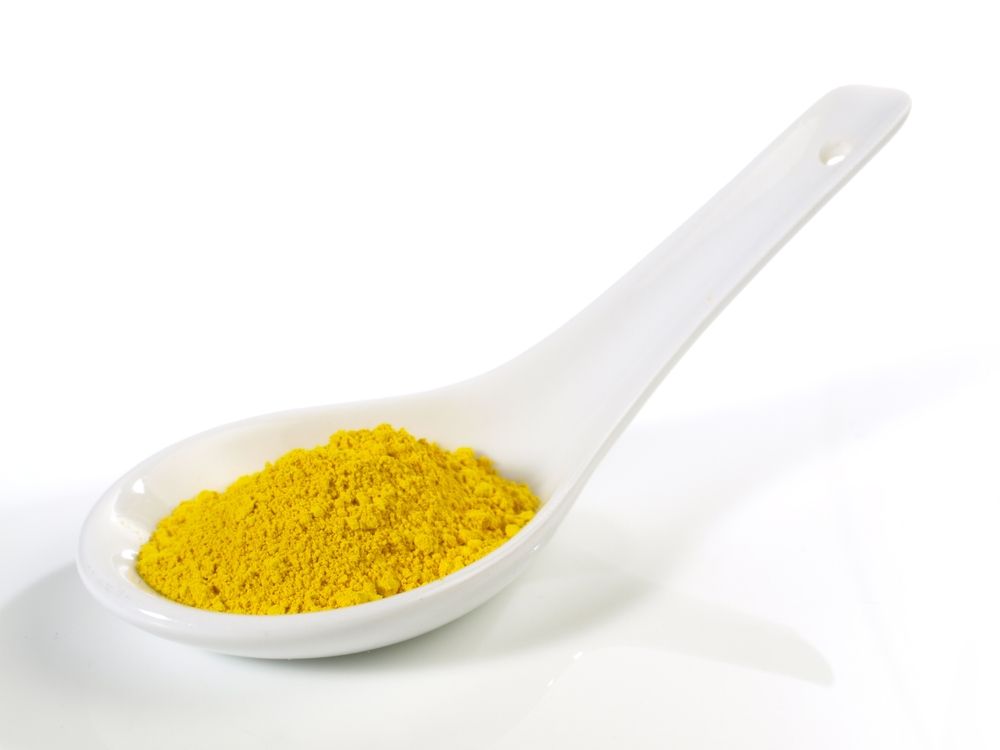
Are you struggling to lose weight? Berberine, a natural compound found in several plants, might be the key to overcoming your weight-loss challenges. This compound has been used for thousands of years for its medicinal properties and has recently garnered attention for its potential weight-loss benefits. To understand how berberine might help with weight loss, we spoke with Melissa Mitri, RD, a registered dietitian with Melissa Mitri Nutrition, who provided expert insights into the science behind this supplement.
Before you head to the supplement store, it's important to note that the effectiveness of berberine can vary from person to person. Factors such as diet, lifestyle, and existing health conditions can significantly influence how berberine affects your body. Therefore, it's crucial to consult with your healthcare provider or a registered dietitian before starting berberine (or any new supplement) to determine if it's a suitable addition to your weight-loss journey.
That being said, let's explore whether berberine can help you shed those extra pounds, according to a registered dietitian.
What is berberine?

Berberine is a natural compound found in several plants, including barberry, goldenseal, and Oregon grape. It is known for its anti-inflammatory, antimicrobial, and metabolic-regulating properties.
"Berberine has been used for centuries in traditional medicine for its potential health benefits, such as aiding in weight loss, supporting heart health, and regulating blood sugar levels," says Mitri. "However, since the plants containing berberine aren't commonly found in traditional grocery stores, most people take it in supplement form, available as either powder or pills."
The science behind berberine's health benefits:

In scientific terms, berberine activates AMP-activated protein kinase (AMPK), an enzyme often referred to as the body's "metabolic master switch." According to the National Institutes of Health (NIH), AMPK plays a crucial role in maintaining energy balance and metabolism. Research suggests that by activating AMPK, berberine can improve insulin sensitivity, reduce glucose production in the liver, and enhance fat oxidation—three key factors for healthy weight management and metabolic health.
Mitri explains, "The popularity of berberine supplements has risen due to their potential for aiding in weight loss. It's even been nicknamed 'Nature's Ozempic' because of its similar effects on blood sugar levels as the well-known weight loss medication."
In a 12-week pilot study, participants taking berberine supplements lost an average of five pounds, or about half a pound per week. However, Mitri notes, "This modest weight loss could also be achieved with a proper diet and exercise, so the results are not particularly remarkable."
Berberine has also been shown to potentially increase brown fat, a type of fat that is more metabolically active than the more common white fat, thus burning more calories. However, most studies on berberine's weight loss effects are relatively small and still in the pre-clinical and clinical trial phases.
"More well-designed, high-quality research studies, such as randomized controlled trials, are needed to firmly establish berberine's impact on weight loss," says Mitri.
While berberine may contribute to modest weight loss, it is not a miracle solution. "Berberine should not be used as a substitute for a healthy, balanced diet and regular exercise," advises Mitri. She adds, "For the best results, combine berberine supplementation with a calorie deficit, regular physical activity, sufficient sleep, and stress management."
Can berberine help you lose weight?

It can boost your metabolism.
Experts suggest that berberine may support weight loss by enhancing metabolic processes.
"Berberine may help activate an enzyme called AMPK, which plays a role in maintaining a healthy metabolism by balancing calories consumed versus calories burned—a key factor in weight management," explains Mitri. "For instance, if your energy stores are low, AMPK will break down glucose and fats for energy. Once your energy stores are replenished, it will stop this process."
It may improve insulin sensitivity.
Berberine can enhance insulin sensitivity, allowing your body to use glucose more efficiently. Improved insulin sensitivity can lower blood sugar levels and help prevent fat accumulation. Additionally, berberine has been shown to protect against diabetes, a significant risk factor for overweight and obesity.
"Berberine's effect on lowering triglycerides (a type of circulating fat in the blood) and blood sugar levels may contribute to its impact on weight loss," says Mitri.
It may support gut health.
A study published in Frontiers suggests that berberine can improve gut health by promoting the growth of beneficial gut bacteria. A healthy, balanced gut microbiome can enhance digestion, reduce inflammation, and regulate appetite, all of which contribute to healthy weight management.
It can suppress appetite.
According to a 2020 study published in BioMed Research International, berberine can help reduce appetite and cravings by regulating hormones involved in hunger and satiety. Fewer cravings can lead to reduced food intake, which helps prevent overeating and supports achieving the calorie deficit necessary for weight loss.

